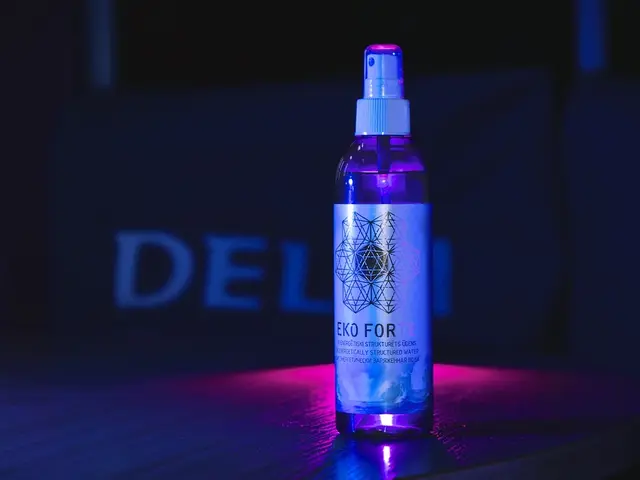Allergy to Nightshade Plants: Recognizing Symptoms, Diagnostic Measures, and Intolerance Issues
Nightshade vegetables, a botanical family encompassing foods like potatoes, tomatoes, peppers, and eggplants, are a staple in many diets. However, for some individuals, these foods can trigger allergies, intolerances, or sensitivity, leading to a range of symptoms.
Potential effects and symptoms of nightshade allergies or intolerances can vary greatly. Allergic reactions may manifest within an hour of consumption, presenting symptoms such as skin rash or itching, swollen lips or tongue, itchy or sore throat, difficulty swallowing, or a swelling feeling in the throat. Other possible symptoms include nausea, vomiting, hives, muscle and joint aches.
Intolerance or sensitivity to nightshades can manifest as digestive discomfort, inflammation, or joint pain, particularly in people with existing autoimmune or inflammatory conditions like arthritis or inflammatory bowel disease (IBD). While avoiding nightshades may help some people manage their symptoms, scientific evidence is limited and not conclusive for the general population.
Nightshades contain alkaloids like solanine, which can be toxic in high doses, particularly in improperly stored or aged potatoes. However, typical consumption levels are considered safe for most people.
If you suspect an allergy or intolerance to nightshades, it's essential to consult a healthcare professional for a proper diagnosis. Some foods to avoid include potatoes (regular white and yellow varieties, not sweet potatoes or yams), tomatoes (including tomato-based products like ketchup, sauces), peppers (bell peppers, chili peppers, paprika, cayenne), eggplant, goji berries, and tobacco.
To maintain a balanced diet while avoiding nightshades, consider incorporating alternatives such as sweet potatoes and yams, cruciferous vegetables, leafy greens, root vegetables, squash and zucchini, mushrooms, legumes, berries, and other fruits. These substitutions help ensure you get a wide range of nutrients without the risk of triggering a nightshade-related reaction.
In conclusion, nightshade allergies and intolerances are individual-specific and should be diagnosed by a healthcare professional. Avoiding nightshades may help some people with inflammatory or autoimmune conditions, but there is no clear scientific consensus that everyone with these conditions must avoid them. If you suspect a sensitivity, try an elimination diet under medical supervision to confirm your response.
- Nightshade vegetable-induced asthma could lead to symptoms like wheezing, shortness of breath, or chest tightness.
- Degenerative neurological disorders such as Parkinson's disease have been linked to high solanine intake, suggesting a possible connection with nightshade consumption.
- Some people claim that a dry skin condition can be exacerbated by consuming nightshades, although this is not universally supported by the medical-conditions community.
- Despite limited scientific evidence, HIV patients may need to consider the impact of nightshade consumption on their predicative immune response and overall health-and-wellness.
- Diabetes patients with obesity might benefit from reducing nightshade consumption due to their potential role in triggering inflammation and contributing to weight gain.
- A preventive approach to managing type 2 diabetes could involve modifying the AQ (antioxidantIndex) of our diets by replacing nightshades with fruits and vegetables rich in antioxidants.
- Bipolar patients dealing with mental-health issues might want to be aware of the potential impact of nightshades on their condition, as some research suggests a link between them and neurological disorders.
- Macular degeneration, an age-related eye disease, shows no clear connection to nightshade consumption, and relevant studies are limited.
- For Crohn's disease patients, eliminating nightshades from their diet might help with managing symptoms and reducing inflammation in the digestive tract.
- Prior to beginning any therapies-and-treatments related to managing chronic diseases or health-and-wellness, it's crucial to consult a healthcare professional and discuss potential dietary changes, including nightshade elimination.
- A balanced diet might intrinsically encompass a mix of nutrition sources like protein, vitamins, and minerals found in foods like lean meats, whole grains, dairy products, and superfoods like berries, nuts, seeds, and CBD oil.
- To ensure holistic wellness, consider regular fitness-and-exercise, mental-health support, and skin-care routines in addition to a nutritious diet that excludes nightshades, when necessary, and factors in complementary alternatives like therapies-and-treatments.








